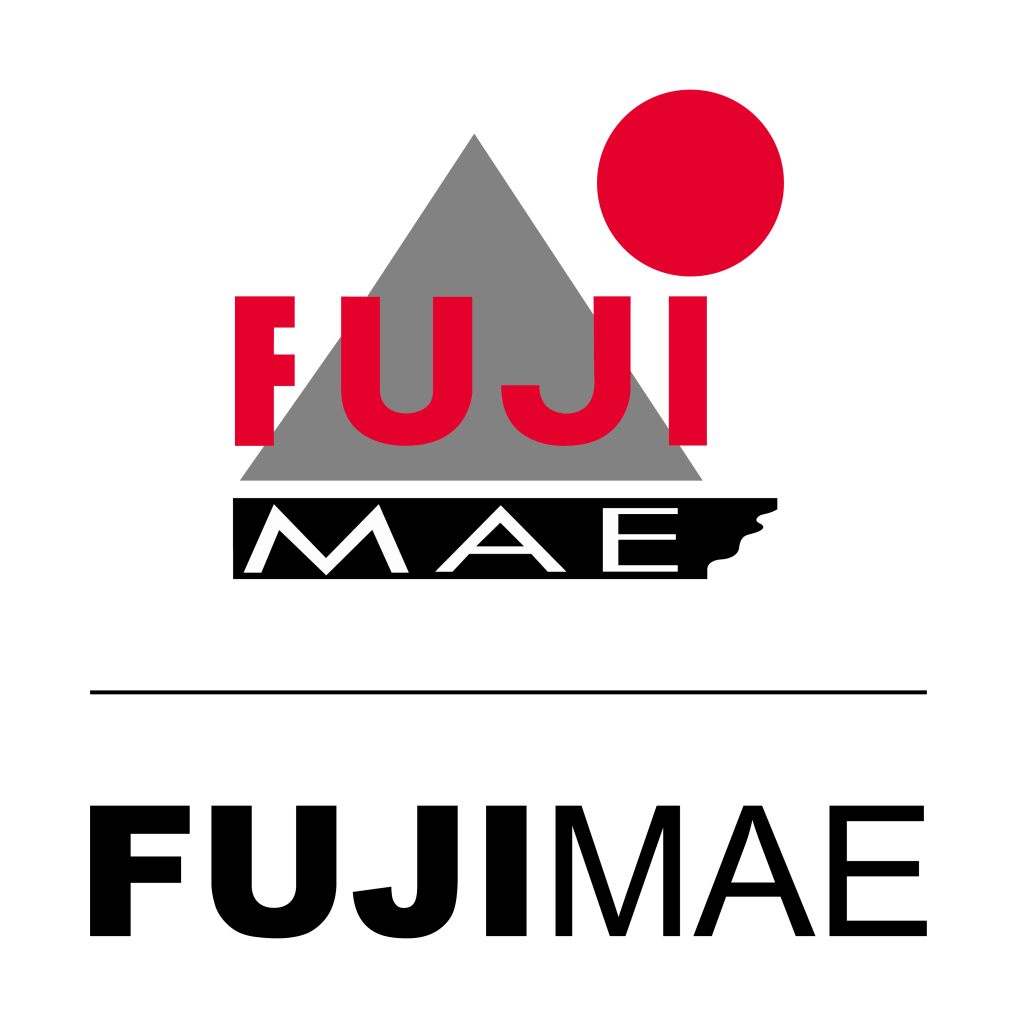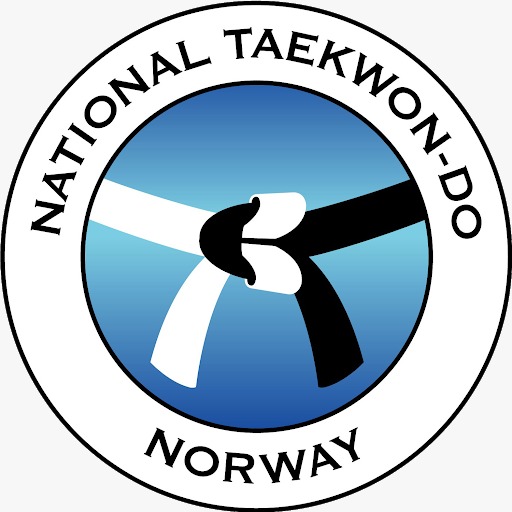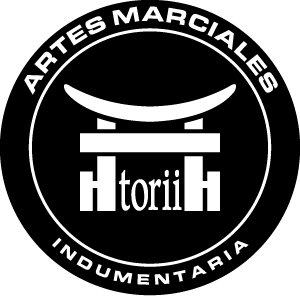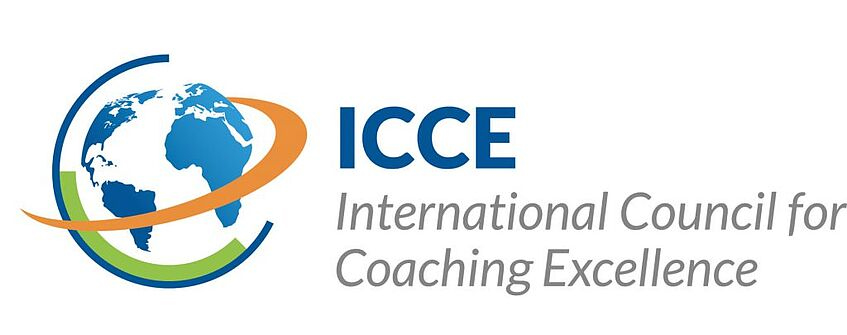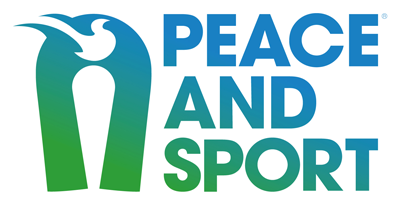President’s Messages – The Importance of Communications
Some of you have asked questions and offered suggestions about how the ITF uses the various means of communications, particularly our official Web site. To answer those concerns, I would like to explain the importance of communications for our organization and help you to understand our communications strategy.

The ITF uses various means to transmit information, primarily to our members (individuals and organizations) but also to potential members and to those who are simply looking for information about Taekwon-Do and the ITF. We want to tell them what the ITF is all about, what we have achieved, and what we are planning for the future.
We can communicate electronically, on paper, or in person, but no matter what means we use, we must always keep in mind that we are representatives of the ITF and act accordingly.
The ITF Communications Committee
Until recently, the President’s office was responsible for the development of communications. As we made progress in structuring the organization, the decision was made to decentralize this responsibility. Thus, a few months ago the members of the ITF Communications Committee were named and given responsibility for ITF communications with National Associations, with individual members, and with the public. (Responsibility for internal communications remains with the President’s office.)
I am very pleased that we have found the right person to chair this committee: Mr. Jean-Marc Demers, a Canadian lawyer and black belt holder who has extensive experience in communications. The committee will need some time to develop the procedures necessary to carry out its mandate and to establish links with the other ITF standing committees and ways of working in collaboration with them.
Already, the committee has completed a study of the official ITF Web site.The study has been presented to the members of the Board of Directors and will be the subject of their discussions in the near future.
The committee is counting on receiving feedback from members, particularly suggestions for improving services, and will give due consideration to each suggestion.
Soon a survey will be going out to the National Associations, asking about their expectations, their needs and desires. The results of this survey will help us to orient our efforts, adjust our priorities, and set our objectives. I encourage all National Associations to participate by responding to the survey.
Means of communication
The ITF uses three categories of means of communication:
- Electronic
The official ITF Web site is very important. More and more people around the globe have access to the Internet. The site receives an average of one million hits a month.Plans for the future include: using the site to facilitate more efficient administration functions (membership applications, Black Belt certificates, etc.), developing the capability for interactive communications, and providing information and teaching tools in a section of the site accessible only to holders of ITF instructor plaque certificate. Flash News is a reminder that new information has been posted on the ITF Web site. It is sent by e-mail to more than one thousand subscribers. Click here to subscribe. E-mail is used extensively for communications among the members of the ITF team. We also distribute press releases by e-mail when appropriate.
- Paper
Although electronic means of communication are used extensively, it is important to have printed information about the ITF for distribution to outside organizations. The ITF’s official magazine TAEKWON-DO Generation, published in January 2005, is intended for use as a presentation document.Articles and interviews in other publications, whether intended for the martial arts community or the general public, raise awareness about Taekwon-Do and the ITF.
- In Person
ITF Seminars, notably the International Instructors courses, are held in various locations around the world and are very much appreciated by the participants. Preparation and travel for seminars requires a lot of time and effort, but we believe personal visits are important. Seminars often result in interviews with local media and publicity for the ITF and for the local organization.Speeches by the President and other ITF leaders raise awareness about Taekwon-Do and the ITF. For example, the President frequently speaks to groups on the subject of human rights and how the Taekwon-Do philosophy promotes respect for human rights.
The Official ITF Web site
The ITF Web site gives us the ability to broadcast news around the globe, and we can use e-mail to reach a large number of people almost instantaneously. However, these capabilities must be used judiciously in order to safeguard the reputation and the credibility of the ITF.
The quality of our Web site is important in the same way that the value of ITF Black Belt certificates is important. It is common knowledge that ITF Black Belt degrees must be earned; ITF Black Belt certificates cannot be bought. Of course, we could have accepted to lower our standards in order to grant Black Belt status to a lot more candidates, but what value would an ITF Black Belt certificate have then? The ITF has earned a reputation for quality and value, and we will not tarnish that reputation.
For example, it may take some time to verify information before we publish it on the Web site, but that is the only way we can ensure the information is accurate. Our Web site is gaining a reputation as an authoritative, trustworthy source of information, and we do not want to jeopardize that reputation.
So, what type of information should be published on the ITF Web site? Your ITF team, particularly the Communications Committee, is still working to define the guidelines. Here are some of the questions we ask ourselves when deciding what to post on the Web site:
- Is the information accurate?
- Does it truly reflect the principles of the ITF TKD philosophy?
- Is the information of general interest to ITF members?
- Will they find it informative and useful?
- Does it help to explain and promote our vision for the future of the ITF?
- Will it help us achieve our objectives for the organization?
- Does publishing the information at this time fit with our overall priorities?
Our communications strategy calls for a positive approach. The ITF Web site is a tool for official communications; there is no room for rumors or propaganda. Our members want reliable information, and that is what we provide. The ITF is proactive, not reactive, so we use our communications capability as a tool to reach our objectives, not to respond to attacks or misinformation spread by others.
For instance, some have urged us to use the ITF Web site to react to the actions of Mr. Chang Ung, a North Korean who fraudulently claims to be the leader of the ITF, and his supporters. That is not a priority. Guided by the Taekwon-Do philosophy, we have chosen instead to concentrate on the positive: what we have achieved so far and our plans for the future. After all, such people will not be stopped by anything we write, and by participating in the wrangling and name-calling, we would risk losing credibility with our members and with outsiders. We can make better use of our limited resources, time, and energy by building the best possible ITF for our members and assisting them to work for a better, more peaceful world.
Other sites may have flashy special effects, but from the outset we made the decision to concentrate on quality of information, the true value of any Web site. Of course, this does not mean that we will not add some animation, videos, interactive capability, and more in the future. Currently, the average number of hits per month is one million, so a lot of people are visiting the site, and they are returning again and again. Our Web site is still under development and will be for the foreseeable future as we make improvements to adapt and adjust it to meet our changing needs.
Slow and steady is the best strategy for success.
The New ITF Welcome Committee
As part of our communications strategy, a Welcome Committee led by Mr. Juan Ferrando, ITF vice president from Spain, was formed recently and given the mandate of welcoming new members and providing assistance so they will quickly feel at home in the ITF. Those who express interest in becoming members of the ITF are also put in contact with this committee, which is responsible for answering such requests.
In conclusion
As President of the ITF, I am accessible by e-mail or by telephone. In fact, on an average day I receive approximately one hundred e-mail messages. Some of them are truly urgent, but I want to remind you that, in the interests of efficiency and of fairness for all, we must respect the structure of the organization and its procedures.
We spend a lot of time and energy on communications, because for an organization like the ITF with members in countries around the world, effective communications are essential. Since a large part of the work involved is done by unpaid volunteers, it is essential that their efforts be properly structured and focused. That is why we have a communications strategy, a tool we have developed to help us achieve our objectives and, in the long term, realize our vision for the ITF.
I hope you have found this message informative and interesting, and I trust the ITF team can count on your support and collaboration.
Master Trân Trieu Quân

President


